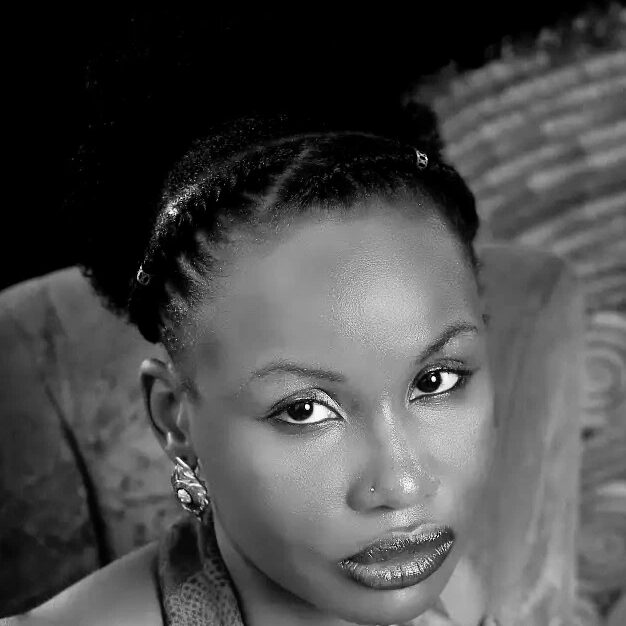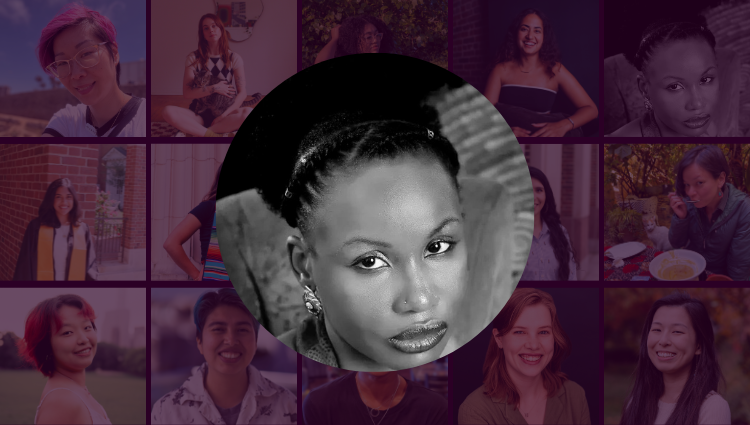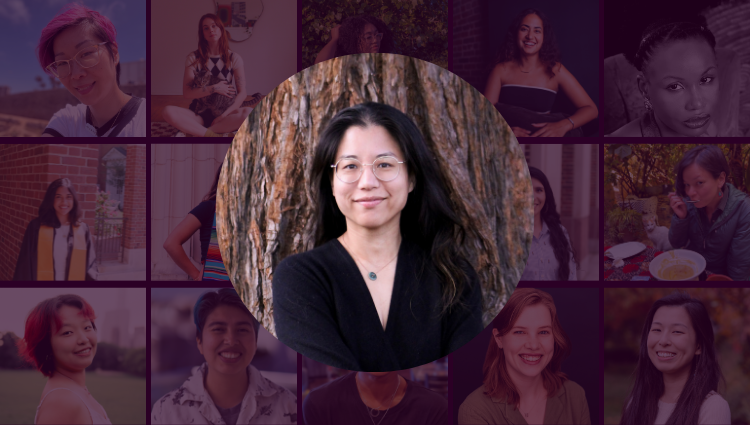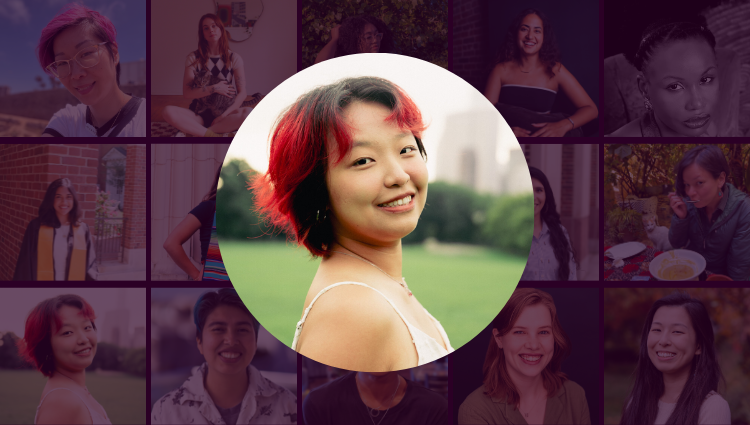Chii Ọganihu was one of our 2024 Digital Residents. As a part of this program, we do Q&As with our residents to feature them, their work, and their words. See our Q&A with Chii below, and explore more Spotlights here.
TSW: Tell us about your work, writing, or project. What are you writing these days? How is your work changing, and how is it changing you?
Chii Ọganihu: I consider myself a multi-genre writer. I will write anything—fiction, nonfiction, poetry, play—if the spirit hits. Genres and forms inspire me in different ways. The medium I’m currently devoting a lot of attention to is prose fiction, my first love. I have a number of unfinished short stories and one of my main goals this year is to finish them. In these stories that range from realist to surreal, I’m asking questions about love, family, freedom, anger, God, death, and taking arms against a sea of troubles. It’s important to me that my work honour certain epistemologies that are not mainstream, and that it especially honour women and queer people.
This year, I’m also prioritising a long-form project that is dear to my heart. I’m hoping to build consistency and make progress on it in the coming months.
I think, maybe three years ago, I was more likely to bleed on the page; to explain and justify and even crucify. I’m finding less and less need to do so, and now I focus more on just writing the thing faithfully without seeking some kind of approval or concurrence. Also, there’s more care that goes into the work, more consideration of my duty of care to myself as a person, my duty of care to what I want to say, and my duty of care to other things in general. That’s not to say that I censor myself, but I more thoughtfully consider how to say what I want to say, and to whom. I think that even when what you’re writing is personal, there’s a certain degree of separation/distance that’s useful and healthy when writing about it. One way the work is changing me is, I guess, that I am more present. I look at things again and again, examine my own reactions both as myself and like an outsider. What is the perspective from the other side? What does it really feel like to be here?
TSW: What is a question you’re asking yourself these days, and what’s a question you or your work is asking of your reader?
CỌ: One big question I’m asking is: What matters most to you? That is, what is sacred or non-negotiable in your life and/or relationship(s)? I want to know what a person builds their life around, and why. And so I’m also asking: What will you fight for, die for? And what will you live for? Where do you find joy; what gives you pleasure?
TSW: Who do you bring into the room with you when you write, and/or, who do you consider your work to be in conversation with? Who are you writing for?
CỌ: For me, it’s as much about who I’m not bringing into the room with me as who I’m bringing. The world often gets too loud and I need to clear the voices in my head, banish them. I value the quiet. I can hear my own voice and find what I need.
When the coast is clear, I invite those who inspire me into the room, and this usually varies depending on what I’m working on. I invite those whose essence is relevant to the work—and this could be anybody or anything, really.
I’d like to think I bring both the past and the future into the room with me when I write; the bright-eyed child I was and the full person I hope to be. I write for them and also for some unnamed person at some unknown time or place who finds my work and threads themself through it until it becomes part of their own corpus of meaning.
In general, I’m inspired by a lot of Nigerian literature past and present. I trace my roots to older writers like Achebe and Emecheta whose respective work on heritage, sovereignty, and feminism were foundational to me. My work is also in conversation with contemporary writers like Akwaeke Emezi, Eloghosa Osunde, and Arinze Ifeakandu (on queerness and transgressive spiritualities).
TSW: What’s a mantra or motto that you have in mind these days when you are writing or creating? Is there a writing routine or ritual that keeps you beginning?
CỌ: Find the heart. Go to the heart and let the story unspool from there. Whenever I’m stuck or unsure where and how to go, I ask myself what the beating heart of the story is. What is the thing that compels me to write this piece? What fascinates or agitates me the most? And I try to let that guide me to the next steps.
I’m still working on a set routine because my current circumstances are not very suited to a structured writing practice, but something that often gets me going is reading a good piece of literature. There is a thrumming it puts in my veins, a buzz that needles and needles at me to open a blank page or revisit a work in progress. I steal any moment I can, but I really enjoy writing at ungodly hours when it’s quiet and dark. No distractions, no interruptions.
Find the heart. Go to the heart and let the story unspool from there.
Chii Oganihu
TSW: What is something that someone said — a fellow resident, a past mentor, perhaps something from one of the bonus sessions — that helped change the way you see your writing or work?
CỌ: Many gems were shared during the residency, but two from the bonus sessions stand out to me. During the session with K-Ming Chang, she said she tries as much as possible to make writing feel like play and not work; to lower the barrier of entry so that no matter what happens, failing is not a possibility because all of it is a form of play. This has helped me process some of the anxieties that come with writing, especially when I encounter difficulties in fiction. If there is no possibility of failure, only a multiplicity of approaches, then I can throw in something or take it away so long as I’m serving my vision and getting the effect I want. Another thing this sense of playfulness does is open the room for experimentation because who says I can’t do a thing or another? I’m finding this particularly freeing when thinking about structure and form in poetry because I usually just stick to the plain and simple, and it’s been interesting to see how a poem mutates when you tweak its form.
In the session with Melissa Febos, she mentioned that she’s had to tune her ear to her own honesty, and so it means a lot to her when reading that a writer is not lying to themself or doing a self-congratulatory performance that ultimately means little, no matter how beautiful the writing is. My takeaway from this is to confront the things that need to be confronted in my work, to not hide behind easy detours and obfuscations, to always strive to say what I mean, and to have the courage, discipline, and patience it requires to put out work I recognise and respect.




